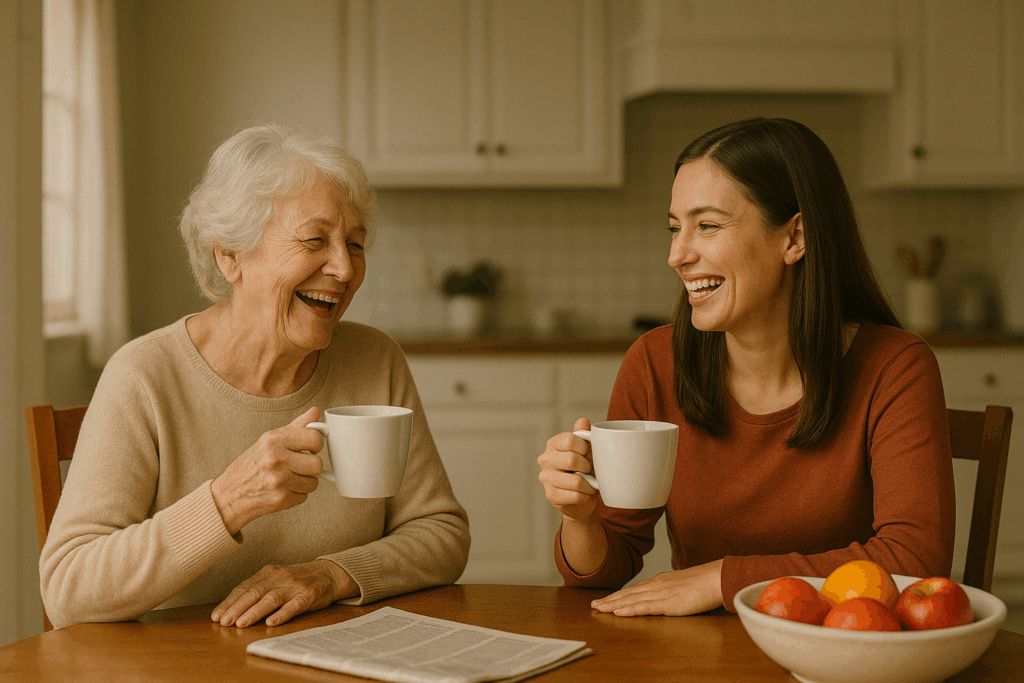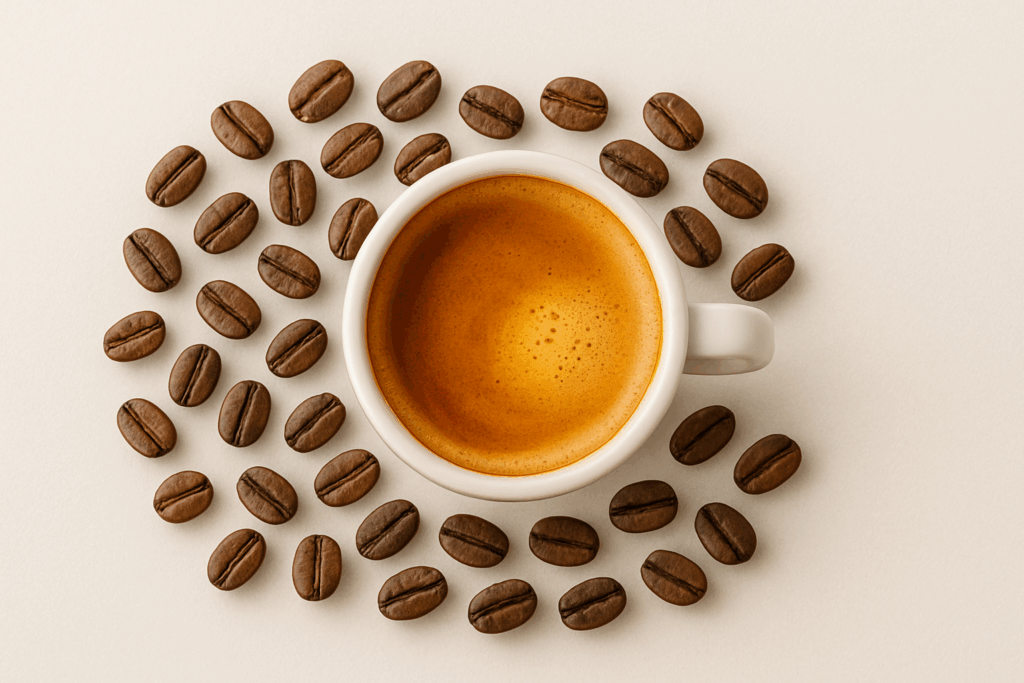Harvard Study: How Much Coffee You Need to Slow Aging
Is your morning coffee doing more than just waking you up? A major new study has uncovered something remarkable about coffee and aging: your daily cup might actually help you stay healthier as you get older. According to a long-term study from Harvard, women who drank caffeinated coffee daily had up to a 30% higher chance of reaching age 70 in exceptional health-avoiding major chronic illnesses, staying mentally sharp, and maintaining strong physical function. This new research adds serious weight to the idea that your brew could be more than just a morning ritual-it could be a long-term investment in healthy aging.
Coffee and Aging: The Study Behind the Buzz
The research comes from the iconic Nurses’ Health Study, one of the largest and longest-running health studies in the world. This particular analysis focused on 47,513 women who were followed for more than 30 years-a rare level of depth when it comes to lifestyle and aging research. Caffeine intake was tracked using food frequency questionnaires every four years from 1984 to 2002, and health outcomes were assessed through 2016.
At around age 50, women in the study began reporting on their diet, lifestyle, and medical history, with updates gathered every four years. This period was used as a baseline to examine long-term effects of coffee consumption on aging. Based on their responses, researchers grouped them into five categories by daily caffeine intake-from less than 30 mg to more than 450 mg.
The results were striking. Women who consumed the most caffeine-about 315 mg per day, or around three cups of regular coffee-were more likely to reach age 70 in good physical and mental health. Notably, over 80% of that caffeine came from coffee, making it the dominant source in this study. That’s a compelling link between one of the world’s most loved beverages and one of life’s biggest goals: not just living longer, but living well.

What Counts as “Healthy Aging”?
But what does “healthy aging” actually mean? In this study, it wasn’t just about avoiding illness. To qualify, participants had to avoid 11 major chronic conditions, including cancer, diabetes, and heart disease. They also needed to maintain strong physical function, stay mentally sharp with no signs of cognitive decline, and report positive mental health and well-being.
Only 7.8% of participants met all these strict criteria. This made the ‘healthy aging’ group highly selective and statistically meaningful-just 3,706 out of 47,513 women qualified. Notably, women who did tended to report higher caffeine intake-most commonly from coffee-suggesting a meaningful association between regular coffee consumption and healthy aging. In short, this wasn’t about reaching a certain age-it was about reaching it well. And coffee seemed to help tip the odds in that direction.
It’s Not Just the Caffeine-It’s the Coffee
Now, here’s where it gets even more interesting. Not all caffeine sources deliver the same benefits. Women who drank regular brewed coffee gained the strongest boost to healthy aging. But those who drank tea, decaf, or cola didn’t experience the same effect. In fact, women who drank cola more frequently faced worse health outcomes.
So why does coffee stand out? Because it isn’t just about the caffeine. Coffee also contains a blend of helpful natural compounds, including plant nutrients and antioxidants. These may reduce inflammation and protect your body’s cells from damage over time-two key factors in how we age. That extra support could explain why coffee consistently shows up in studies as a potential health booster.

So while caffeine plays a role, your average sugary soda doesn’t deliver the same rich blend of natural ingredients found in a cup of black coffee. In other words, not all sources of caffeine are equal-coffee stands out for offering a unique mix of elements that go beyond caffeine alone to support better health. This could also help explain why decaf-which lacks caffeine but still contains some beneficial compounds-didn’t have the same effect either. Curious how decaf is made and what it keeps or loses in the process? Explore our guide: Decaf Coffee Explained: How It’s Made and How It Affects Flavor Profiles.
How Much Coffee Is Enough?
So what does the data say about the ideal amount? In this study, the most noticeable benefits were linked to drinking the equivalent of about two to three regular-sized cups of coffee per day. Each additional small cup of coffee per day increased the likelihood of healthy aging by 2% to 5%. The effect leveled off after five small cups, which equals about 2.5 modern cups.
In other words, there’s no need to overdo it-moderation matters. And more isn’t always better. Genetics also come into play: some people metabolize caffeine more slowly, which could raise health risks at higher intake levels. Still, for most people, 2–3 cups of coffee per day fits squarely within what health experts consider both safe and beneficial. When part of a balanced lifestyle-one that includes movement, nutrition, and sleep-coffee may be one of the easiest healthy habits you already have.
What Science Says About Coffee and Aging
So how much coffee should you drink to age well? According to the research, the sweet spot is around two to three regular cups a day. That’s where scientists saw the strongest link between coffee and healthy aging. Moderate, consistent coffee drinking-especially from brewed black coffee-appears to offer the biggest payoff. Not only can it support your energy levels, but it may also help protect your body and brain in the long run. For such a simple daily ritual, that’s a seriously impressive list of benefits.
In short? Enjoy your coffee. Science says it might just help you enjoy life longer – and better.
Original source: Harvard T.H. Chan School of Public Health (via American Society for Nutrition). Summary published on Neuroscience News.


